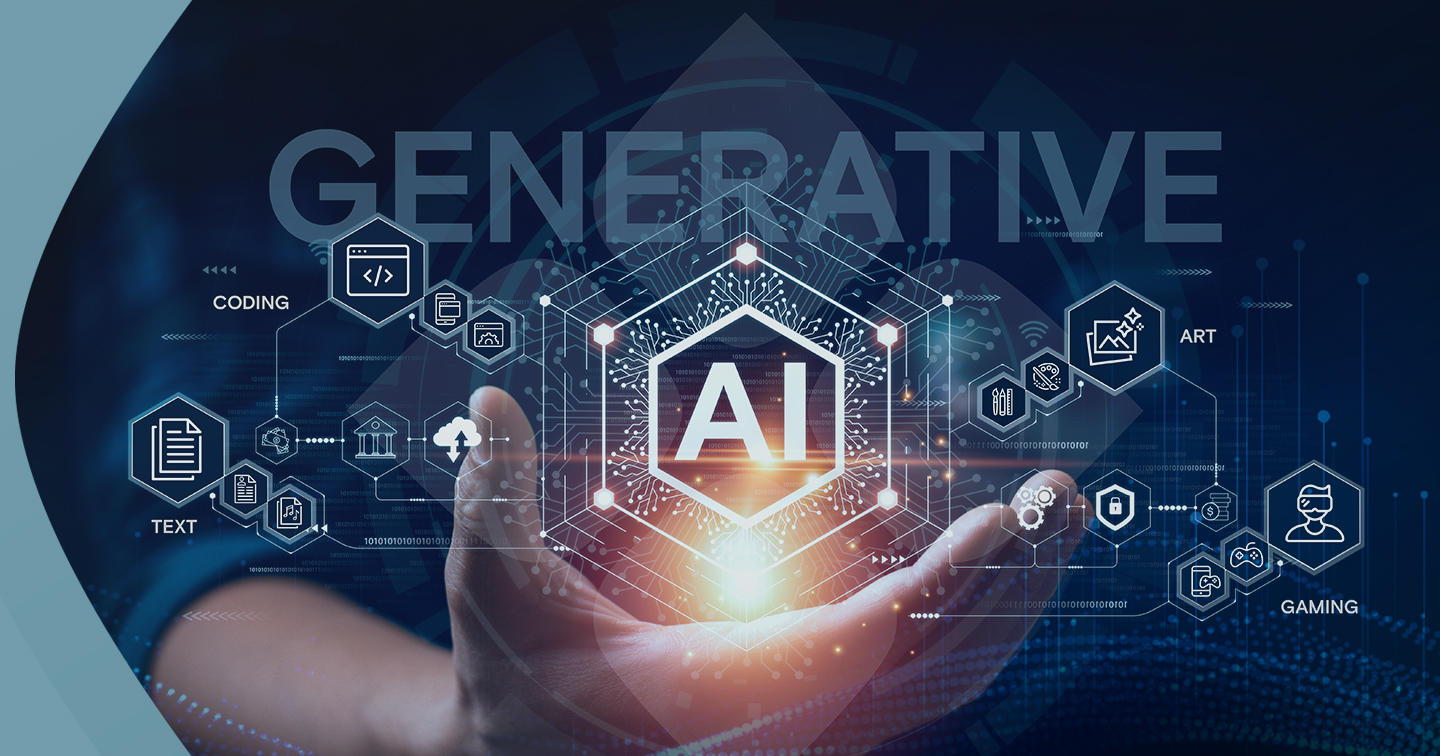
By Manish Gupta
For enterprises, generative AI holds massive potential, making CIOs the linchpin of customer experience. Powering GenAI’s potential requires purpose-built approaches to mitigate the inherent risks of its adoption.
Generative AI (GenAI), the basis for tools like OpenAI ChatGPT, Google Bard and Meta LLaMa, is a new AI technology that has quickly moved front and center into the global limelight.
GenAI Meets the Enterprise
Today, an estimated 60% of IT leaders are looking to implement GenAI.
At the same time, concerns exist. Most notably, for about 71% of IT leaders, angst about security creates a barrier to adoption, mandating that approaches, infrastructure, data strategies and security be appropriately aligned. According to the Dell Technologies 2023 Innovation Index report, 59% of Indian businesses are currently investing or exploring the feasibility of investing in AI, Machine Learning and advanced analytics to advance innovation. Finding the right, fit-for-use GenAI model for enterprises is the key to mitigating its risks, dispelling concerns and ushering in GenAI’s mainstream adoption in the enterprise world.
Pivoting to Purpose-built GenAI
To enable that revolution, the way enterprises use GenAI will likely differ from general-purpose Large Language Models (LLMs) like ChatGPT. Instead, enterprises are likely to use GenAI models that are trained and tuned to solve specific problems; for instance, to enable automated customer support, financial forecasting and fraud detection. Although LLMs such as ChatGPT can be used for enterprise applications, the accuracy of their results will not match that of a purpose-built model created to meet a specific need.
Other major benefits of purpose-built GenAI include:
- Data security and compliance: AI’s unique capability is handling and analyzing huge datasets with unprecedented speed and efficiency. Simply put, if AI is a rocket ship, data is the fuel. Enterprises can tune their LLMs with customer purchase history, support or telesales logs, health records, financial records and other data sources. Consequently, handling this data in a secure manner will become even more important than it is today. Additionally, some industries, such as healthcare and finance, must comply with stringent regulations regarding data privacy and security. The privacy of data that is entered into third party LLM services is the subject of intensifying debate. Thus, enterprises that need to retain control over their data must tread carefully.
- Agility and time to market: Most enterprises will need to update their GenAI models regularly, which is easier to do with purpose-built GenAI models. The time required to train general-purpose LLMs can take months. That’s because massive amounts of data are required for training, eclipsing deployment speed and time to market, the very benefits GenAI enables. Reducing time-to-model and facilitating faster data-to-decisions can improve business efficiency.
- Performance: Purpose-built models also provide performance benefits over general-purpose models. Specifically, enterprises using third party general-purpose LLMs may not be able to optimize performance and reduce the latency of their GenAI workloads. This is problematic for applications that require real-time processing or low-latency response times, a key attribute of GenAI adoption.
- Cost: The smaller amounts of training data needed for purpose-built GenAI models also translate into cost savings. As a result, purpose-built LLMs often cost far less to train and re-train compared to general-purpose LLMs like ChatGPT.
Moving Enterprise GenAI Forward
According to the Dell Technologies 2023 Innovation Index report, India has the highest number of businesses (37%) using AI-based optimization software to automate processes. For enterprises, in India and across the globe, GenAI holds the profound potential to automate complex processes, improve customer interactions and unlock new possibilities with better machine intelligence—and CIOs are the key to moving it forward.

(The author is Manish Gupta, Vice President, Infrastructure Solutions Group, Dell Technologies India, and the views expressed in this article are his own)








